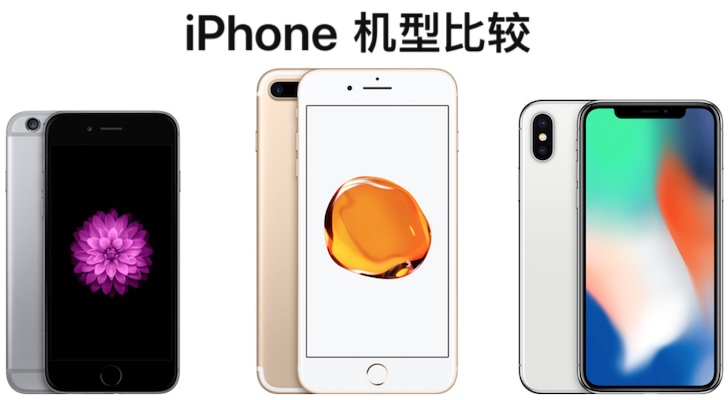Thought the legal battle between Qualcomm (NASDAQ:QCOM) and Apple (NASDAQ:AAPL) was dying down? Think again. QCOM just won what sounds like a big victory in a Chinese court, granting a ban that prevents Apple from importing and selling iPhone models up to and including the iPhone X. The court agreed these iPhones violate Qualcomm patents. A Chinese iPhone ban sounds bad for Apple, but there’s a catch and it’s a big one. These patents are on software features, not hardware. And AAPL says the software in question was removed in iOS 12, which is pre-installed on any iPhone being sold today, even the older models.
Qualcomm stock popped 2.23% yesterday on the news of the victory. Apple stock dropped by several percent after the announcement, but closed the day up 0.66% as investors realized QCOM’s victory would actually have no real impact on AAPL’s iPhone sales in China.
Qualcomm Wins Chinese iPhone Ban
Qualcomm and Apple have been locked in an ugly legal battle that erupted in early 2017, when Apple sued the company over licensing terms related to QCOM hardware used in iPhones — particularly the modem. In the summer of that year, QCOM went for the jugular and attempted to seek an iPhone import ban in the U.S., a move that would have hobbled AAPL.
That attempt failed.
This time around, Qualcomm took its case to Chinese courts and was granted an injunction. The Chinese iPhone ban prevents Apple from importing or selling all iPhone models from the iPhone 6s through to the iPhone X.
This ruling has the potential to do significant damage to AAPL. In Q4, China accounted for over 18% of Apple’s total revenue, and most of that was from selling iPhones. Lower incomes in China and a huge variety of lower priced competitors make the iPhone prohibitively expensive in comparison to the U.S. market, so AAPL relies heavily on the sales of older models. The specter of Chinese consumers being locked out of buying the more affordable iPhones spooked AAPL investors, sending Apple stock down when the Chinese iPhone ban was first announced.
A Symbolic Victory?
However, this time Qualcomm wasn’t battling Apple based on hardware patents. The Chinese iPhone ban is based on software patents, including one that allows users to adjust the size and appearance of photos, and another related to managing apps using a touch screen.
The problem — as QCOM quickly found out — is that software patents are a lot easier to address than hardware. Simply remove the offending feature. And that’s what Apple says it did, claiming the disputed functions were removed in iOS 12. And since iOS 12 is now pre-installed on all iPhones (including older models) that AAPL sells, the Chinese iPhone ban amounts to a symbolic victory.
Apple released a statement (via MacRumors) to that effect, also using the opportunity to take another swipe at Qualcomm:
“Qualcomm’s effort to ban our products is another desperate move by a company whose illegal practices are under investigation by regulators around the world. All iPhone models remain available for our customers in China. Qualcomm is asserting three patents they had never raised before, including one which has already been invalidated. We will pursue all our legal options through the courts.”
Clearly, the fight between QCOM and AAPL is far from over. However, Bloomberg for one, feels the latest round may help push the two companies toward a settlement. The Chinese iPhone ban may turn out to be merely a symbolic victory for Qualcomm, but it shows the company is not backing down on attacking AAPL, finding new avenues and new jurisdictions to continue the fight. Apple runs the risk of Qualcomm eventually inflicting real damage.
Bringing the fight to China — where AAPL is facing competitive pressure from Chinese smartphone makers and caught in the middle of a trade war — is a strategic move on QCOM’s part that adds to the pressure.
As of this writing, Brad Moon did not hold a position in any of the aforementioned securities.

